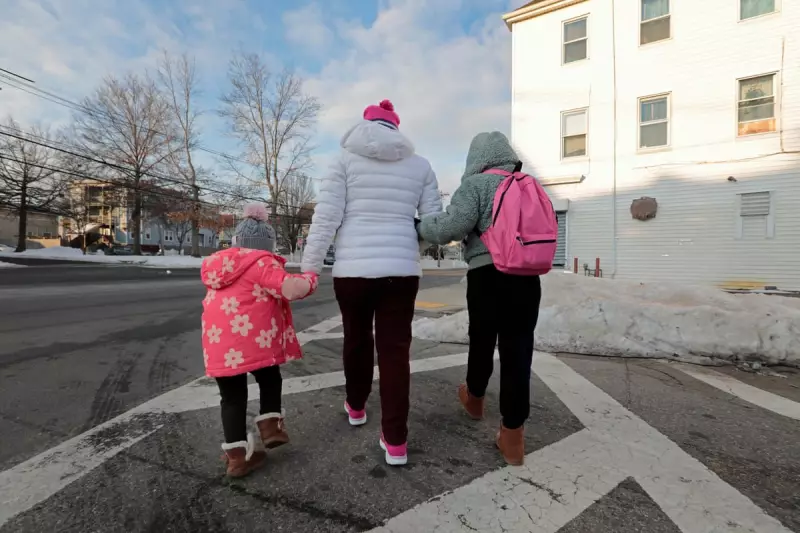
A seismic shift in US immigration policy is underway following a pivotal federal court ruling that empowers former President Donald Trump's administration to initiate mass deportations of unaccompanied migrant children from Guatemala and Venezuela.
The controversial decision, handed down by a US appeals court, effectively dismantles long-standing protections that have shielded vulnerable young migrants from immediate expulsion. This legal victory for the Trump campaign represents one of the most significant immigration policy changes in recent years.
Overturning Decades of Protection
The ruling specifically targets the Flores settlement agreement, a 1997 legal framework that established minimum standards for the treatment and release of migrant children in US custody. For nearly three decades, this agreement has served as a critical safeguard against the rapid deportation of minors arriving without parents or guardians.
Legal experts describe the court's decision as "unprecedented in its scope," noting that it creates a two-tier system where children from certain nations lose protections that continue to apply to others based on their country of origin.
Immediate Impact on Vulnerable Children
According to immigration advocates, the ruling could affect thousands of children currently in US custody or awaiting processing at the border. The decision particularly impacts:
- Unaccompanied minors from Guatemala and Venezuela
- Children seeking asylum from violence and persecution
- Those awaiting reunification with family members in the US
Human rights organisations have raised alarm about the potential humanitarian consequences, warning that deporting children without proper screening could return them to dangerous situations in their home countries.
Political and Legal Firestorm
The ruling has ignited immediate controversy across the political spectrum. Supporters of the decision argue it restores necessary border control and discourages dangerous migration journeys by children. Opponents condemn it as a cruel abandonment of America's moral obligations to protect vulnerable youth.
Legal challenges are expected to escalate rapidly, with advocacy groups preparing emergency appeals to higher courts. The outcome could ultimately determine the fate of US immigration policy for years to come, setting precedents that extend far beyond the current administration.





